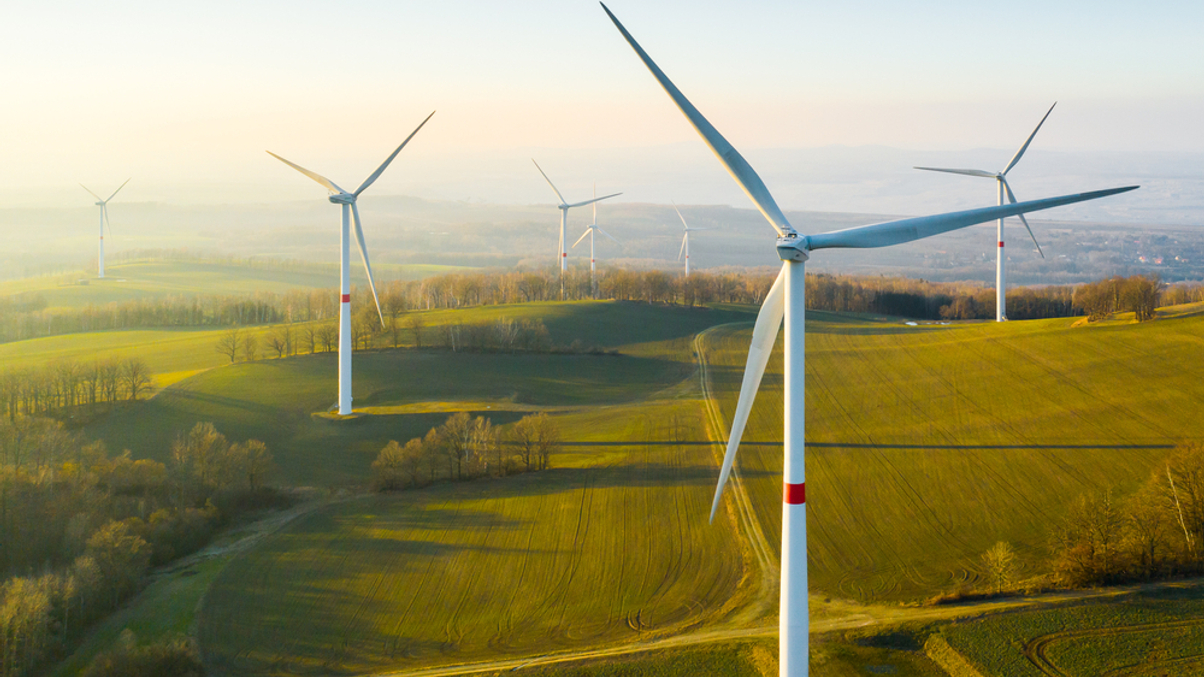HSBC AM looks to expand green alternative investing team in China
HSBC Asset Management’s global CEO told AsianInvestor that he sees surging demand from asset owners for stakes in China's green transition, especially alternative investments in renewable energy and climate tech.

HSBC Asset Management has seen rising demand from Chinese and foreign asset owners for investments in China’s energy transition, and the firm is open to expanding local expertise in the country, especially for alternative investments, its chief executive officer told AsianInvestor.
Sign in to read on!
Registered users get 2 free articles in 30 days.
Subscribers have full unlimited access to AsianInvestor
Not signed up? New users get 2 free articles per month, plus a 7-day unlimited free trial.
¬ Haymarket Media Limited. All rights reserved.


